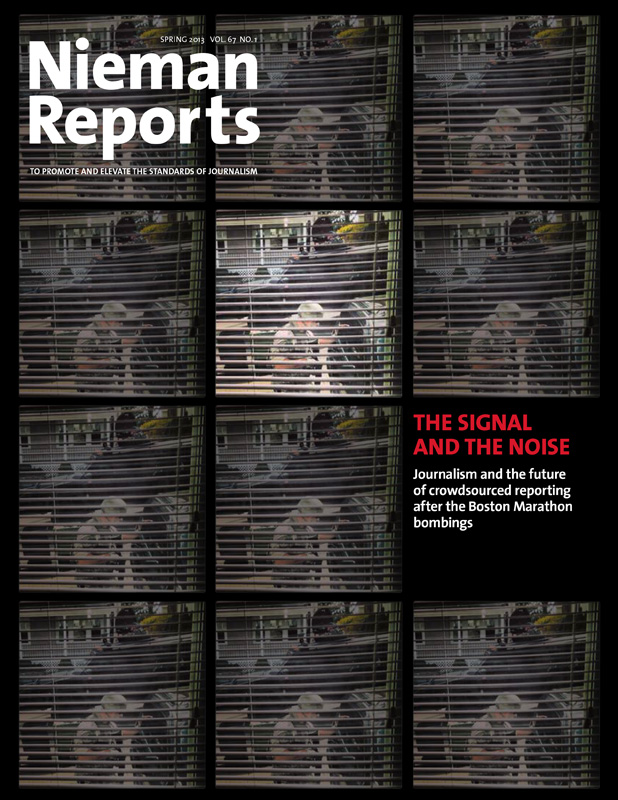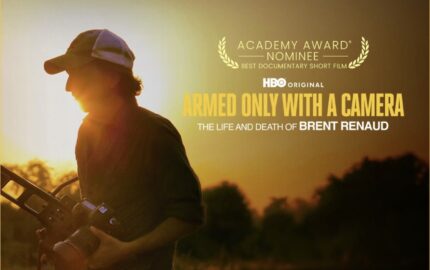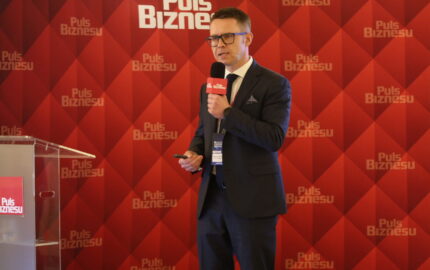Ten years ago I came upon the story of Segundo Villanueva, an impoverished Peruvian who, as a result of his reading of the Bible, concluded that Catholicism was a fraud. So he embarked on a search for the true church and eventually converted to ultra-Orthodox Judaism. A community of 150 followed him and emigrated to Israel, where they were taken to Jewish settlements in the West Bank, becoming involuntary players in the Israeli-Palestinian conflict. After their success, a wider movement started in Perú. More and more people converted to Judaism to emigrate to Israel and escape poverty. Today, around 500 Peruvian converts are settlers in the West Bank.
I published their story in a book, believing that Villanueva’s community was an isolated event in Latin America and one of a very few in Jewish history. But in the coming years I discovered that they had been the first emergence of a phenomenon of massive conversions that is changing the landscape of Latin American Jewry—and the definition of who is Jewish in the 21st Century.
Yet, their story remains to be told, which is what I intend to do in the next couple of years through a book and a documentary, which I will write and co-direct with Canadian film producer Julia Rosenberg. I approached Villanueva’s journey as a dramatic tale of one man’s search for truth in the written word, and a story about faith and truth and how they can (or can’t) be reconciled. And I saw it also as an extraordinary story of personal transformation and identity, which is also my approach to this larger phenomenon.
I published their story in a book, believing that Villanueva’s community was an isolated event in Latin America and one of a very few in Jewish history. But in the coming years I discovered that they had been the first emergence of a phenomenon of massive conversions that is changing the landscape of Latin American Jewry—and the definition of who is Jewish in the 21st Century.
Yet, their story remains to be told, which is what I intend to do in the next couple of years through a book and a documentary, which I will write and co-direct with Canadian film producer Julia Rosenberg. I approached Villanueva’s journey as a dramatic tale of one man’s search for truth in the written word, and a story about faith and truth and how they can (or can’t) be reconciled. And I saw it also as an extraordinary story of personal transformation and identity, which is also my approach to this larger phenomenon.



